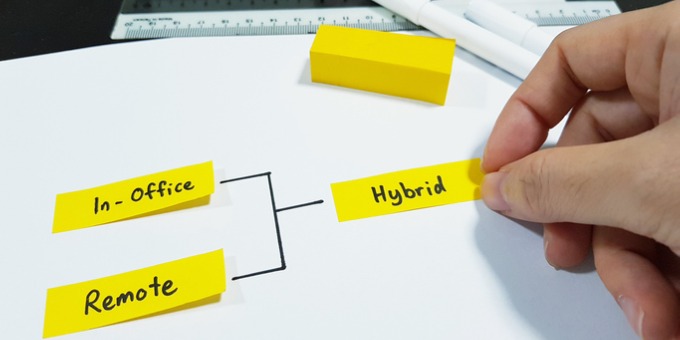
Angle
Gamified Tabletop Exercises: The Real Value of Simulating Your Cyber Incident Response Plan
3 Mins
Your Model Isn’t Failing — Your Data Is
3 Mins
Estimate the limits of your data before wasting time and money asking your models to do the impossible.
Read MoreWhy Confidence Scoring With LLMs Is Dangerous
What to know before relying on confidence scoring of LLMs in a document review setting.
Read MoreWhy Structured Data Is Essential in the Age of AI
Artificial Intelligence (AI) is transforming industries by automating tasks and generating insights, but its true effectiveness depends on high-quality, relevant data. Structured data is the most critical data type to maximize AI's benefits.
Read MoreEvolution of Contract Lifecycle Management (CLM) Maturity Through AI Integration
Why Human Expertise Matters in Placing Flexible Legal Talent
3 mins
As corporate legal departments face the challenge of meeting fluctuating demands without overextending resources, there has never been a greater need for flexible legal talent.
Read MoreArtificial Intelligence Invigorates the HSR Filing Process
3 mins
Many corporations are looking to partner with an alternative legal services provider, in collaboration with their outside counsel, to reduce the burden of the increased data-related requirements.
Read MoreHow To Deploy LLMs Part 2: Public vs. Private
3 Mins
Delving deeper into the pros and cons of each deployment architecture, we examine these options in terms of performance, cost, and capabilities. A thorough analysis clarifies and informs the best deployment strategy for your objectives and...
Read MoreFrom Complexity to Clarity: Streamlining Processes for Greater Efficiency
3 Mins
As an operations leader, you're faced with the challenges of managing complex systems, integrating new technologies, and maintaining cost efficiency.
Read MoreHow To Deploy LLMs Part 1: Where Do Your Models Live?
Below, we detail the questions to ask your provider and how to understand their answers regarding the quality and performance of their solution and the security and privacy implications.
Read MoreSupporting the Hybrid Work Environment: Three Market Trends
3 Mins
The business world has changed drastically over recent years. A hybrid work model is now the new norm – especially in corporate settings. The virtual trend is even emerging in industries such as legal and healthcare which have been traditionally...
Read More










